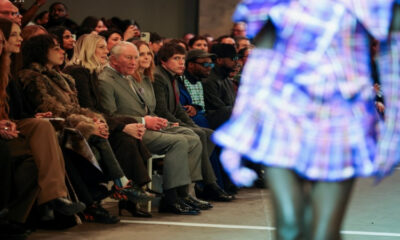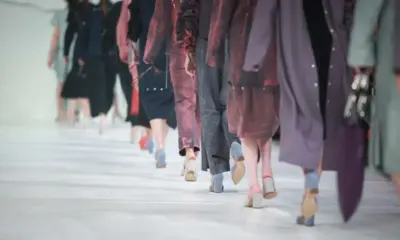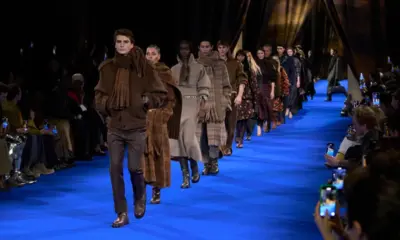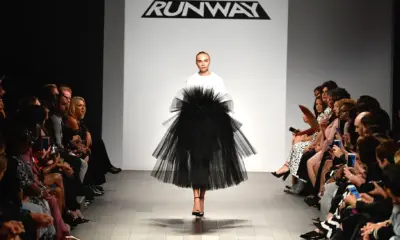Fashion
London Fashion Week 2025: Designers Embrace Circular and Digital Fashion
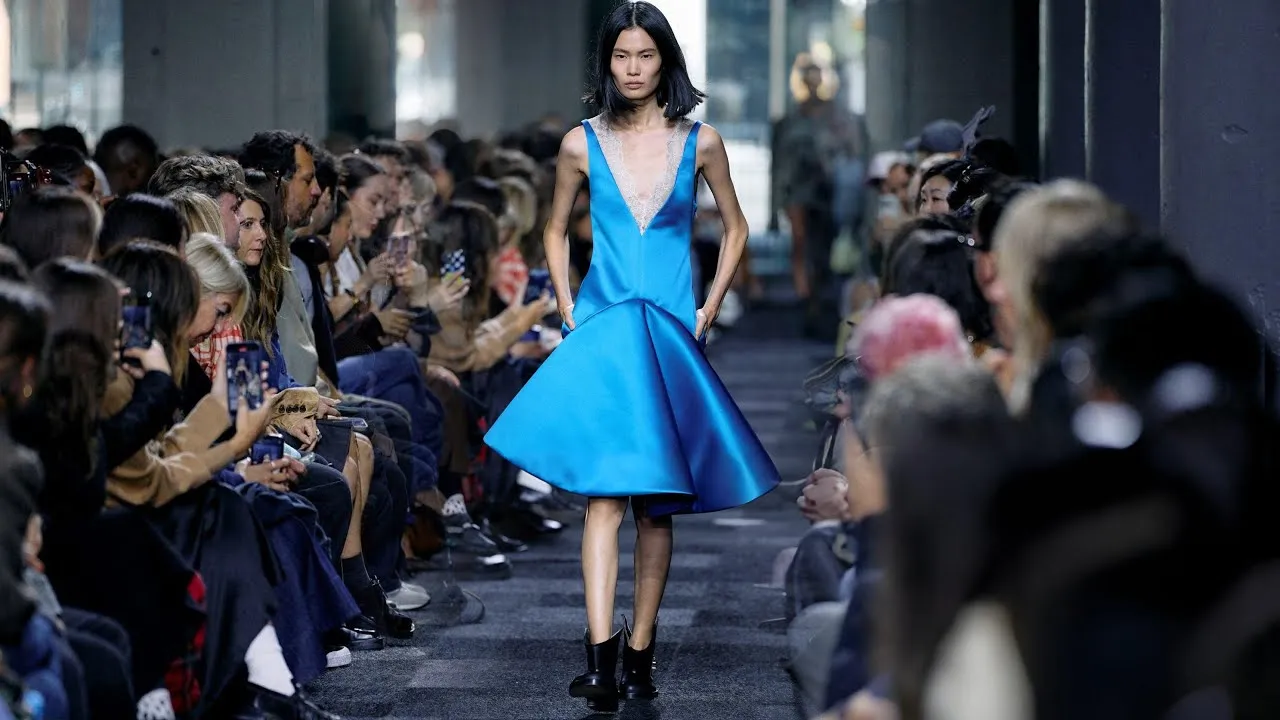
The latest edition of London Fashion Week 2025 saw London’s designers and the broader fashion industry pivot decisively towards circular design models and digital innovation. Across the shows and presentations, eco-conscious materials, re-worked garments and interactive virtual showcases were front and centre of the agenda. At the same time Gen Z consumers and digital natives were influencing how collections are revealed, how brands engage and how the fashion calendar evolves. The week underscored how London is redefining fashion not simply through aesthetics but through sustainability and technology for a new generation.
Circular Design Takes Centre Stage
Sustainability moved from a niche concern to a mainstream expectation at London Fashion Week 2025. Many designers showcased collections built around up-cycling deadstock fabrics, reused garments, natural dyes and circular supply chains. For example, a prominent independent brand presented an entire collection made from reclaimed denim and repurposed cotton, emphasising minimal waste and maximal creativity. Others embraced the UK industry’s growing regulation and guidance on sustainability, as noted when the British Fashion Council flagged minimum sustainability requirements for designers in affiliation with major programmes. The push reflects a broader ambition for Britain to lead globally in sustainable fashion practices.
The circular focus also extended backstage and in production. Designers opted for slower-fashion models, limited runs, and collaborative workshops with consumers, inviting audiences to understand garment lifecycles rather than simply admire end results. For Gen Z audiences the narrative of reuse, repair and transparent origin is increasingly compelling. In London’s shows the dialogue around materials and ethics felt deeply embedded in the creative process rather than added as an afterthought. The momentum suggests that circular fashion is now a core part of London’s designer identity and not merely a trend.
Digital Innovation and Virtual Showcases
Parallel to the circular design shift, digital innovation took a prominent role during the week. Many brands leveraged virtual showrooms, augmented reality try-on experiences and live-streamed runway events that extended beyond the physical space of London venues. One show invited global audiences to access an interactive digital wardrobe, navigate behind-the-scenes content in real time, and engage with the designer’s vision through immersive features. This reflects a broader shift in how fashion is presented and consumed, with technology enabling scale, participation and global reach.
For younger consumers the digital experience is intrinsic. During London Fashion Week 2025 the line between the physical catwalk and the virtual space became increasingly blurred. Brands used QR-codes in look-books, digital avatars of garments and NFTs tied to limited-edition pieces. This hybrid format enhances reach beyond London’s live audience and improves engagement with Gen Z and global consumers who expect interactivity, customisation and immediacy. The move also supports smaller designers: a virtual presence reduces the cost barrier of staging large physical shows while allowing creative experimentation and global access.
Gen Z Consumer Shifts and Market Impact
Gen Z buyers in London and globally are shaping the market in new ways, valuing sustainability, authenticity and digital connectivity. During the week brand presentations responded accordingly. Collections emphasised personal identity, ethical transparency and the story behind the garment. Social media integration and direct-to-consumer digital offerings amplified the message. Designers celebrated diverse talent, inclusive sizing and cultural relevance, all of which resonate strongly with younger audiences.
The economic impact of these shifts is measurable. Many London-based labels reported increased interest in capsule collections, limited drops and sustainable-fashion collaborations. Retail partners and digital platforms noted that Gen Z shoppers showed higher conversion when sustainability credentials and digital content were integrated. The UK government and industry bodies have also flagged that London can gain competitive advantage by aligning with these consumer dynamics and positioning itself as a global hub for fashion innovation.
Conclusion
London Fashion Week 2025 marked a milestone for the capital’s fashion ecosystem. The marriage of circular design practices, digital innovation and Gen Z-led consumer strategies signalled a transformation in how fashion is made, presented and consumed. London designers embraced sustainability not as a sidebar but as a foundational pillar of their creative output. At the same time the digital dimension widened the reach of London’s fashion moment and connected it to a global audience in real time.
For the city’s fashion industry the message is clear: future growth depends on aligning creativity with values, technology and consumer habits. London’s role as a global fashion centre is evolving from simply staging trend-setting garments to enabling holistic transformation across supply chains, digital platforms and cultural narratives. As the world watches, London is emerging as a model where style meets substance, where eco-conscious design meets interactive experience and where a new generation of consumers is defining the agenda.

